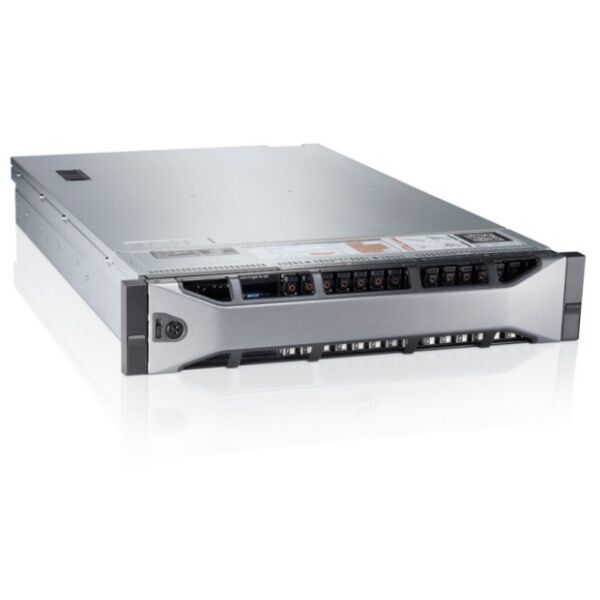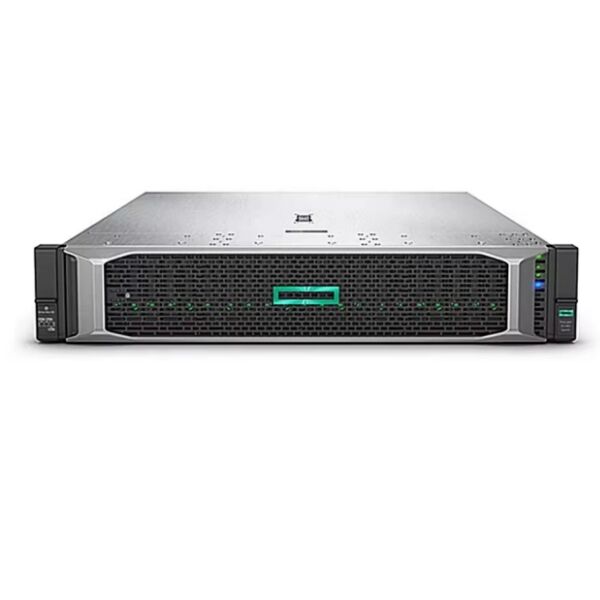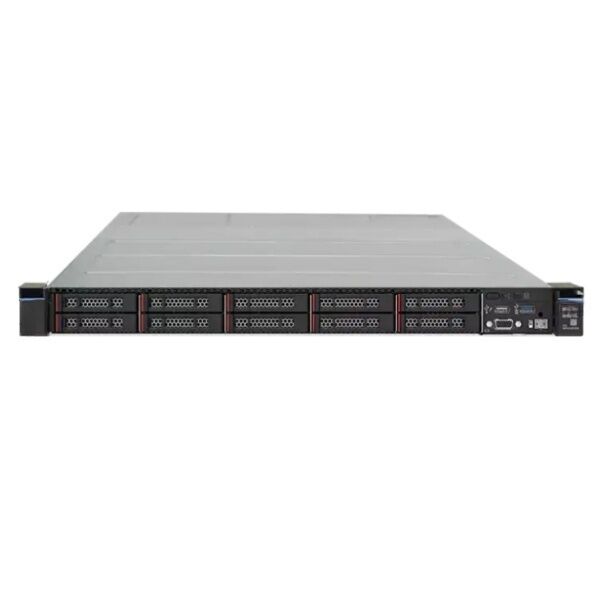local server
A local server functions as a dedicated computing system that processes and manages data within a specific network environment. Operating as the backbone of an organization's IT infrastructure, it provides essential services including file storage, data processing, application hosting, and network resource management. The server employs advanced hardware configurations with multi-core processors, extensive RAM capacity, and redundant storage systems to ensure optimal performance and reliability. It supports various protocols and technologies such as HTTP, FTP, and DNS, enabling seamless communication between networked devices. The system incorporates robust security measures, including encryption protocols, access control mechanisms, and regular backup capabilities to protect sensitive information. Local servers are particularly valuable for businesses requiring fast data access, enhanced security control, and reliable network performance. They can be customized to meet specific organizational needs, supporting both traditional client-server applications and modern containerized workloads. The infrastructure allows for scalability through hardware upgrades and virtual machine deployment, ensuring long-term viability as business requirements evolve.


